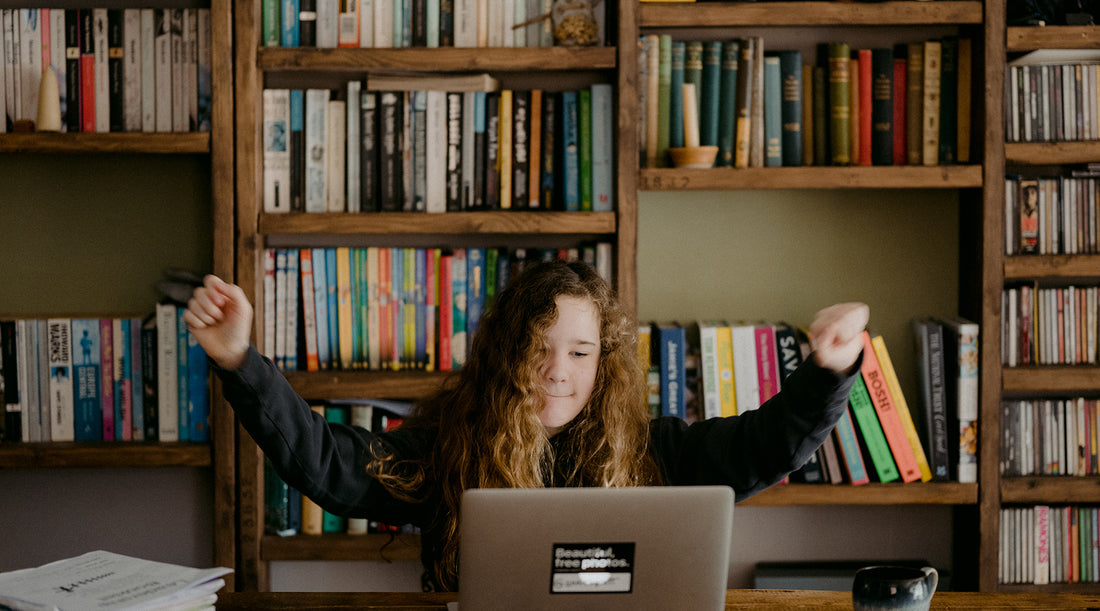One of the most common questions people ask me as an expatriate is:
"How did you become bilingual?"
The funny thing is, it's often difficult to explain how I got to where I am now. I know I worked hard and I practiced as much as possible but one day it really felt like all the pieces just fell into place. I know that sounds a bit cheesy but I explicitly remember that one day I was speaking French and it suddenly dawned on me that I was no longer translating into English in my head. I was speaking French AND thinking in French. I was so incredibly happy and it was a magical moment that I don't think I'll ever forget!
So just how did I get here?
Practice. I know you've heard that before but practice really is the key to becoming bilingual. I used to teach English as a foreign language and the one thing I always told my students was to not focus on the grammar too much. I think students worry a lot about understanding grammar and not enough about speaking. Speaking is the best way to improve your level in a language.
So where should you start?
If you live in a big city like Paris you can look for a language exchange partner. The idea is you meet for an hour and speak in, for example, English for half an hour and then French for half an hour. Each of you having a chance to improve your language skills with a native speaker. Paris also holds a meet up event where you can practice your French with a number of different people and nationalities!
If you don't live in a big city you can choose public places to practice. Go to the bakery, the pharmacy, the supermarket, the market, the local pub - anywhere you can practice your French in different settings. French locals are also usually very friendly so it won't be difficult to get chatting. If you're nervous about speaking to strangers, think about what you're going to say before and plan ahead. It will help your confidence!
You can also find language exchange partners online and have conversations through skype, anything is possible if you have an internet connection! italki is a great new platform where you can find someone to exchange with wherever you are in the world.
What else can you do?
After speaking, listening is by far the second most important thing when learning a new language. Speak, listen, learn is my motto! I used to listen to everything and anything in French and after a little trial and error I started to see what was really helping me improve. Here's a short list of what I recommend you to watch and listen to:
- Choose a French radio station that you like and listen to it every morning. I personally love Voltage but there's NRJ, RFM, Virgin Radio, SkyRock, Chérie FM, Nostalgie and many more to choose from. Choose something you enjoy and try to follow along to their morning broadcasts. You'll see that in time you'll understand more and more!
- Watch Un gars une fille, a hilarious comedy from the nineties. These short sketches (normally around 5 minutes each) are light and funny and easy to understand. The story focuses on the life of a couple and the many ups and downs in their relationship. You can watch it here on YouTube or on French television.
- Watch French films with French subtitles. This will help you understand better, write better (as you'll see how words you've already heard are spelt) and it will even help your grammar! I used to choose films I had already seen in English so I could really focus on the story in French and the vocabulary that I was seeing on the screen.
Any other tips?
Of course you do need to do a bit of grammar, if not your sentences will be a little muddled, but try not to make grammar the be all and end all. Ask people you speak with to correct you and if you notice a grammatical mistake go home and study up on it. That way, you'll improve the grammar you're using on a daily basis first before progressing to more difficult grammatical structures.
For grammar I also used apps such as Memrise and Duolingo which I would highly recommend. Memrise helps with speaking and spelling and Duolingo is really great for grammar. They are both fun and interesting so it never feels like a chore to learn and you can set your own goals for the week. It's entirely your choice whether you have time for 5 words a week or 15!
You could also inquire at your local Mairie (town hall) where they often offer French lessons free of charge!
Last but not least...
I have to be honest with you and say that becoming bilingual is no easy feat. I can't pretend that it just happens overnight and that there won't be obstacles along the way.
BUT I can promise you that if you stick at it and practice, practice, practice you will get there. Just like I did.
After all, practice makes perfect!

